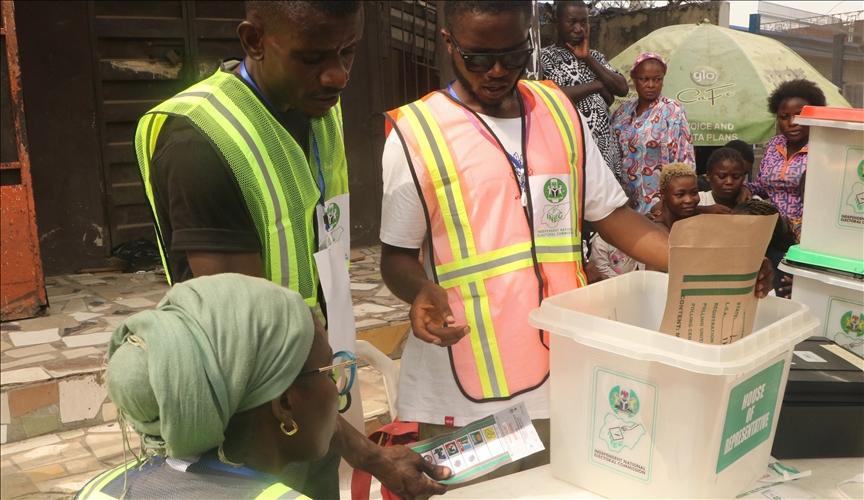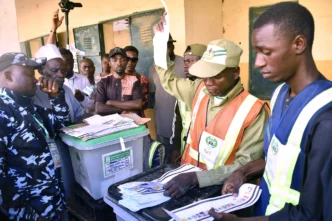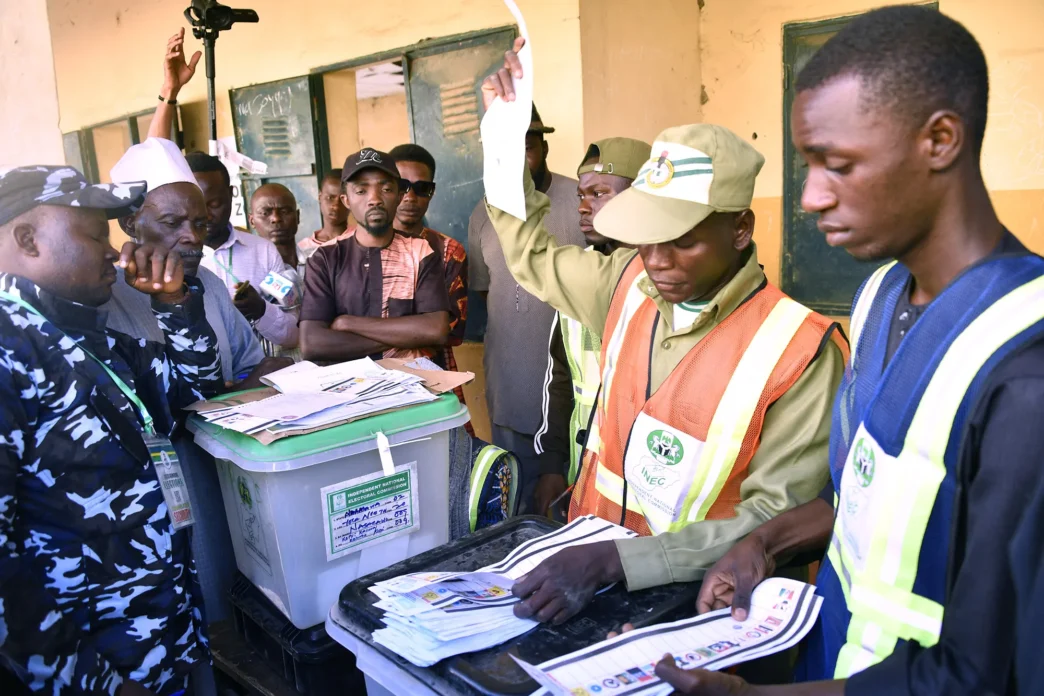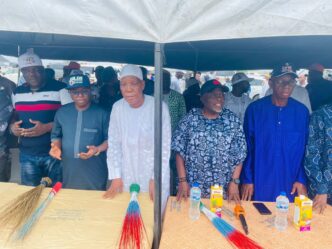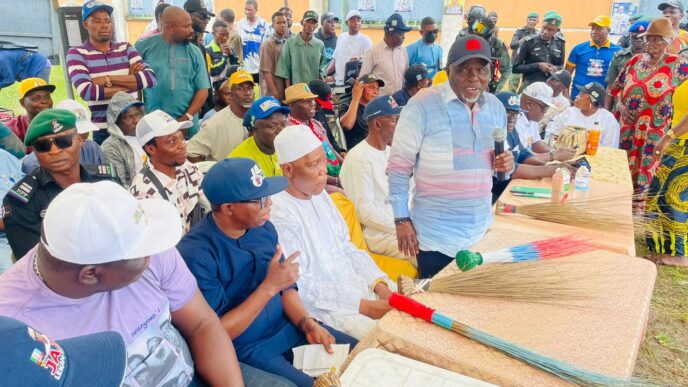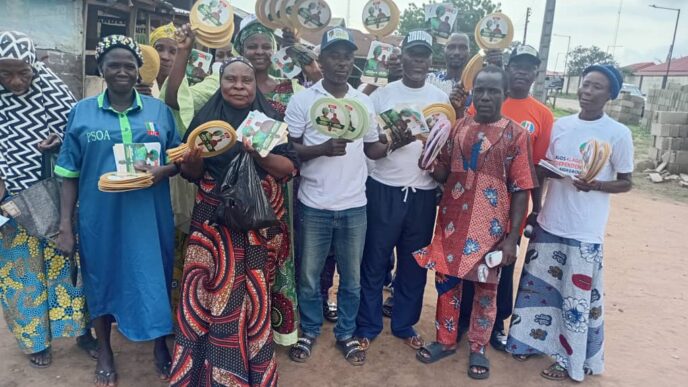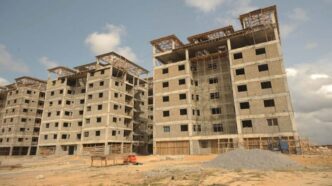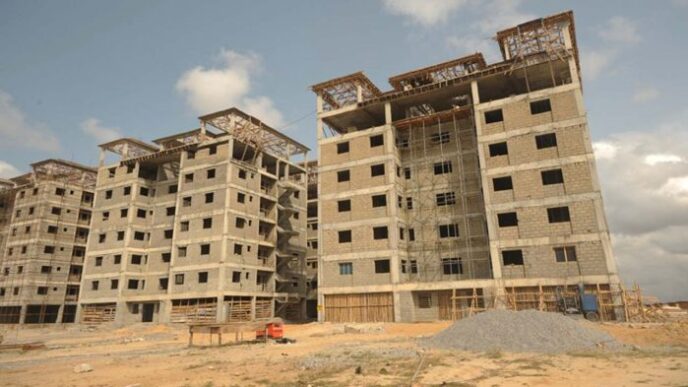As Lagos State enters the final countdown to its local government elections slated for Saturday, July 12, 2025, anticipation is building across communities.
EpeInsights that the upcoming polls, which will span the state’s 20 Local Government Areas (LGAs), 37 Local Council Development Areas (LCDAs) and 376 electoral wards, mark another milestone in the state’s democratic journey and a test of its commitment to deepening grassroots governance.
The Lagos State Independent Electoral Commission (LASIEC), the body responsible for conducting the elections, has declared its readiness to ensure a free, fair and credible process.
According to an official announcement signed by LASIEC Chairperson, Hon. Justice Bola Okikiolu-Ighile (Rtd), voting will take place between 8:00 a.m. and 3:00 p.m., with only registered voters whose names appear on the Voters Register eligible to cast their ballots.
“In accordance with Section 41(1) of the Lagos State Independent Electoral Commission Law, 2008 (as amended), notice is hereby given that elections shall be held on the 12th of July, 2025,” the statement read.
While national and state elections often dominate the headlines, local government elections are the bedrock of democratic engagement.
They determine who manages the closest layer of government to the people those responsible for refuse collection, primary education, community healthcare, local roads, markets and more.
The July 12 elections will decide the Chairmen and Councillors who will oversee these responsibilities for the next four years.
For many Lagosians, the local government is their first and sometimes only direct interface with governance. From road repairs to sanitation and community conflict resolution, effective local leadership plays a crucial role in shaping the quality of daily life.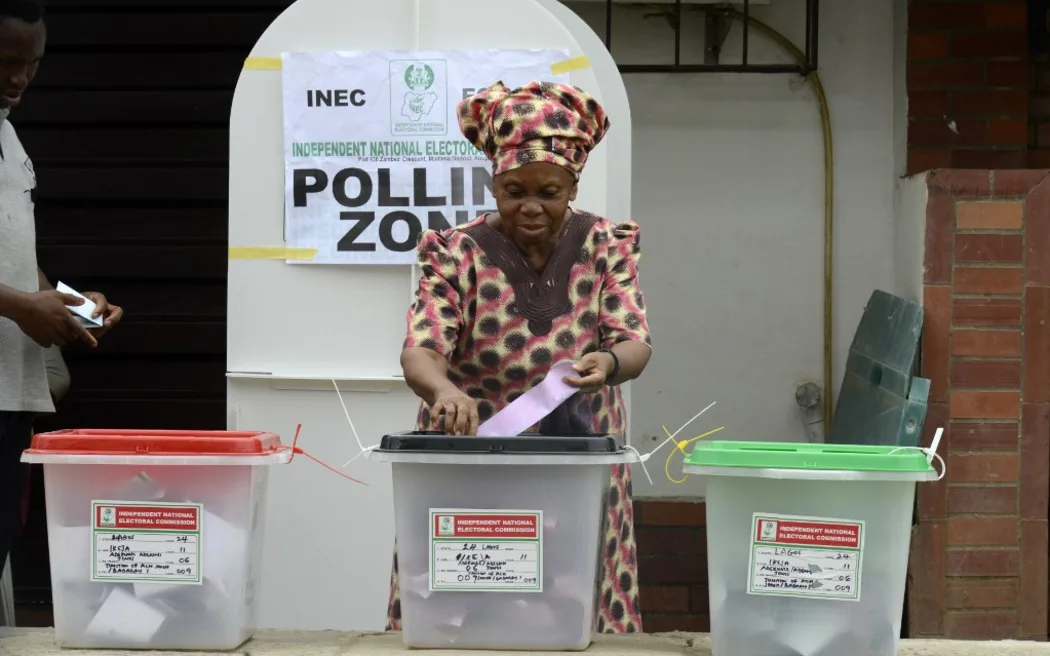
Given the stakes, LASIEC has been vocal about its efforts to ensure a secure and credible exercise. Security agencies across Lagos have been mobilized and briefed to maintain law and order before, during, and after the polls.
The Commission stressed that it had put in place all necessary logistics to safeguard both electoral personnel and materials.
“We have made adequate preparations to ensure a smooth exercise. Security personnel will be on ground to protect voters, electoral officials, and materials,” the Commission stated.
Past local elections in Lagos have occasionally witnessed apathy, partly due to concerns over transparency and the dominance of major political parties. LASIEC’s commitment this year appears focused on restoring confidence in the process and encouraging greater voter turnout.
The electoral body has also issued a call for peace, urging all political parties, candidates, and their supporters to conduct their campaigns and election-day activities responsibly.
As tension simmers in some quarters over political rivalries and the competitive nature of urban council races, LASIEC’s message is clear: the democratic process must not be derailed by violence or misconduct.
As the election day approaches, attention now turns to the electorate. Beyond the campaign promises and party banners, the power lies with the people.
This vote isn’t about lofty national policies it’s about whether your street gets repaired, your waste collected and your child’s school receives adequate support.
In a city as dynamic and densely populated as Lagos, these local councils form the arteries of urban governance. Voter apathy can no longer be afforded if residents want meaningful change in their immediate environments.
On July 12, polling units across the 376 wards will open at 8:00 a.m. and close at 3:00 p.m. Voters are expected to arrive with their Permanent Voter Cards (PVCs) and head to their designated polling units.
Counting and collation will begin immediately after voting ends, and results are expected to be announced at the ward, LGA, and eventually state levels in the following days.
In the end, this election is not just a civic obligation, it’s an opportunity for Lagosians to shape the future of their neighborhoods.
From Mushin to Ikorodu, Epe to Ikeja, this is a chance to ensure that leadership at the grassroots reflects the will of the people.
For a megacity constantly on the move, the quiet power of local governance may well determine just how inclusive and sustainable Lagos becomes.
